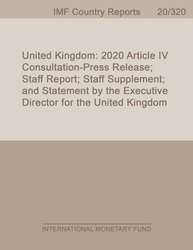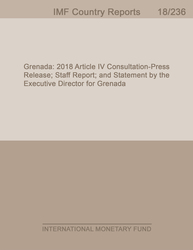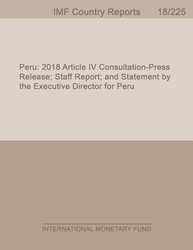
United Kingdom:2020 Article IV Consultation-Press Release; Staff Report; Staff Supplement; and Statement by the Executive Director for the United Kingdom
2020 Article IV Consultation-Press Release; Staff Report; Staff Supplement; and Statement by the Executive Director for the United Kingdom
READ MORE...
Volume/Issue:
Volume 2020
Issue 320
Publication date: December 2020
ISBN: 9781513564777
$18.00
Add to Cart by clicking price of the language and format you'd like to purchase
Available Languages and Formats
| English |
Prices in red indicate formats that are not yet available but are forthcoming.
Topics covered in this book
This title contains information about the following subjects.
Click on a subject if you would like to see other titles with the same subjects.
Finance , Inflation , Economics- Macroeconomics , Public Finance , Business and Economics - Statistics , ISCR , CR , NI Protocol , draft UK , bank dividend payment , welfare provision , withdrawal agreement , activity data , COVID-19 , Inflation , Global , Europe
Also of interest
Summary
The UK entered 2020 negotiating a new economic relationship with the EU and facing other challenges, including meeting climate targets, dealing with an aging population, and reinvigorating tepid productivity growth. Growth and investment had been weak since the 2016 referendum, and the current account deficit elevated, but unemployment was low, inflation on target, and balance sheets strong. The global pandemic hit the UK hard in March, and the country now faces a second wave. The economic impact has been severe, but helped by an aggressive policy response, jobs have been preserved, businesses kept afloat, and banking sector losses contained. Still, the outlook for the near term is weak, as the economy works through the second wave, Brexit, rising unemployment, and corporate distress. Risks are overall to the downside, centering on the degree of balance sheet damage sustained by households and small and medium enterprises. The pace at which vaccines are able to bring the pandemic under control could be an important mitigating factor.
Copyright © 2010 - 2026
Powered by:
AIDC



